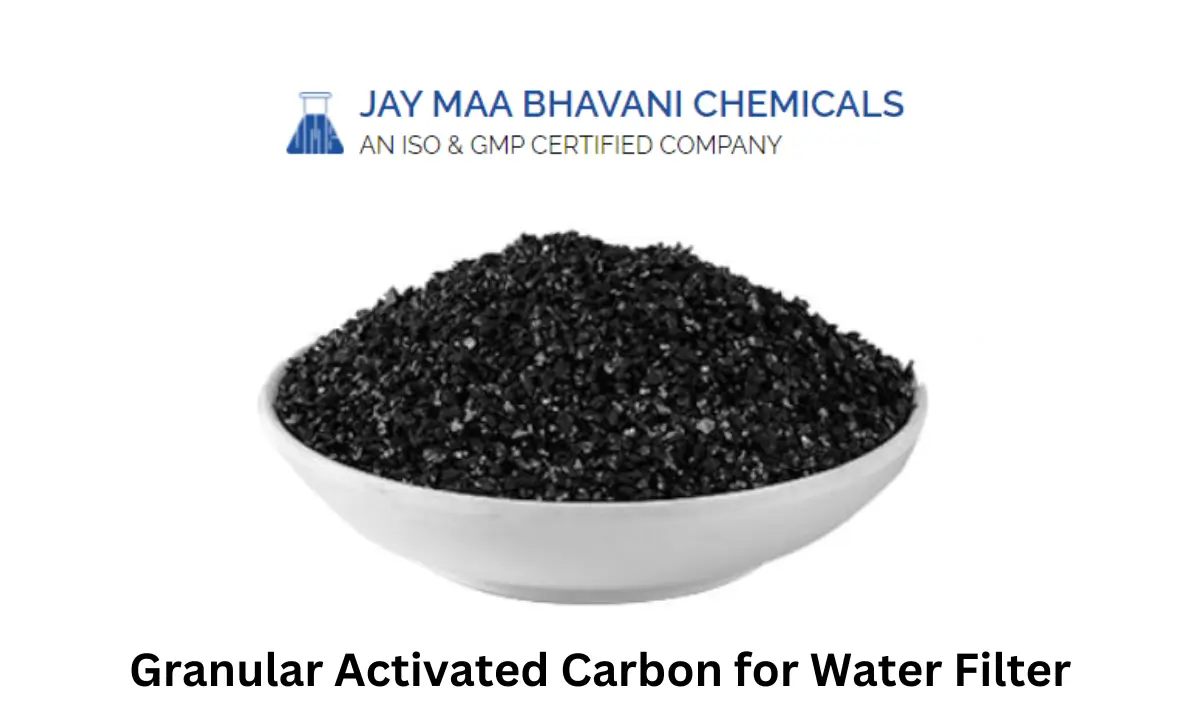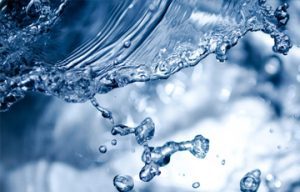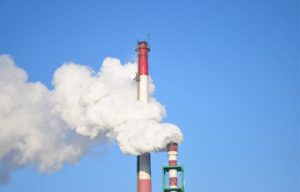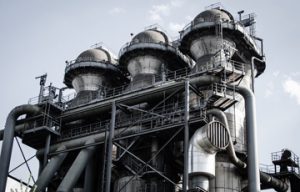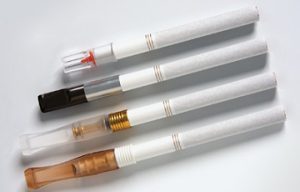Granular Activated Carbon
There is a good probability that the activated carbon water filter you choose for your house will have an activated carbon filter.
Only tiny water particles may pass through the medium of carbon filters, sometimes referred to as activated carbon or carbon block filters, since they employ a process called adsorption to catch impurities.
They're utilized in anything from countertop systems to whole-house filters to portable water pitcher filters since they're one of the most efficient types of water filtering.
What is a Carbon Filter Made From?
Raw materials like coal (also known as activated charcoal filters) or coconut shell are typically used to make carbon filters. These substances are utilized to create carbon filters because they are naturally rich in carbon. Both the material itself and the quality of the material utilized will have a significant impact on the quality of filtration.
Because of several factors, coconut shell carbon is quickly becoming popular as a material for carbon filters.
They are an environmentally favorable solution because of two factors: first, they are a renewable resource, and, second, they contain a significantly larger proportion of micropores on their surface than carbon charcoal filters.
As there are more micropores on a given surface, there are more opportunities for a variety of contaminants to be trapped; coconut shell carbon is a more effective filtering alternative for raising water quality.
Because of its extraordinary porosity, activated carbon filters can remove pollutants from the water as efficiently as possible. There are several types of activated carbon filters, and some will let bigger particles through while others will trap them.
How Do Carbon Filters Work?
Just understanding the adsorption process can help us better grasp on activated carbon water filter. Large pollutants are caught in the minuscule holes, and the carbon material bonds to the smaller contaminants, preventing them from passing through the pores with the water particles. This is a two-in-one process.
Water needs some force to get through the filter, whether it's gravity or the pressure you get by turning on the faucet.
Nevertheless, for activated carbon filters to function most effectively, the water pressure must be relatively low; if it is too high, the water won't have enough time to touch the filter.
Also, using activated carbon filters with cold water is crucial since warm water reduces their effectiveness. Furthermore, using too much heat might destroy the media when hot water is circulated through the system.
A carbon filter eventually reaches its maximum capacity for bonding to and removing impurities, at which point a replacement is required. The frequency of this maintenance obligation depends on the number of contaminants in your house and how much water you use. Activated carbon filter manufacturers provide broad guidelines to help you determine how frequently the filter has to be replaced.
Types of Carbon Filters
Granular Activated Carbon Filters
Loose carbon particles make up granular activated carbon filters, often known as GAC filters. In terms of their total capacity for pollutant removal, they are somewhat less efficient than carbon block filters since they typically have a lower surface area.
Water has less time in contact with an activated carbon filter made of granules than it does with a carbon block. This implies that, especially with gravity filtration systems, you can benefit from more excellent flow rates using a GAC filter.
Yet, as a result, more toxins are probably going to stay in the water—more complete filtering results from a longer contract duration. Heavy metals, VOCs, and chlorine taste and odor are all removed by GAC filters. Since the GAC filters utilized are so extremely porous, there is no restriction on the size of the pores.
Carbon Block Filters
Instead of loose particles, compacted blocks of carbon are what make activated carbon block filters. As a result of their wide surface area, they can capture many different types of pollutants in their medium. Because of this, water has a longer contact time with carbon block filters, which is advantageous since it gives the bulk of impurities more time to be eliminated.
Organic impurities and organic compounds that give water a sour taste and odor are removed using carbon block filters.
Activated carbon block filters can have pore sizes ranging from as small as 0.5 microns to as large as 10 microns. In general, the better the impurity removal, the smaller the pores are. Nevertheless, a smaller activated carbon medium may have flow rate issues since even the smallest water particles may have problems flowing through.
Catalytic Carbon
Moreover, various filtering methods that substitute catalytic carbon for activated carbon have been reported. Activated carbon that has been modified to extract hydrogen sulfide is known as catalytic carbon (the colorless gas that smells like rotten eggs). You'll benefit from this kind of filter if you can tell by smelling your water that it has high quantities of this pollutant.
When Do I Need An Activated Carbon Filter?
There is no limitation on how and for what purpose you may use one of these filters because activated carbon filters are available in different sizes to match a variety of water filtration systems. Choose a point-of-entry filter system with one or more activated carbon filters as part of its filtering process if you're looking for activated carbon filters for water treatment options for your entire home. Under-sink systems or countertop units with activated carbon filters will work if all you need is clean drinking water. If you want the most convenient and transportable water filtration option, you may even purchase water pitchers with activated carbon filters.
What Type of Carbon Filter Is Useful for Me?
Activated carbon filters are generally used for contaminant removal. If you want to remove chlorine and unpleasant tastes and odors from your drinking water, whether with a GAC or a carbon block filter, you should use an active carbon filter. Chlorine removal is a task that activated carbon filters for water treatment excel at.
What Do Granular Activated Carbon Filters Remove?
The following particular pollutants are among those that activated carbon eliminates from drinking water:
The flavors and smells of organic compounds like chlorine
Vaporized organic substances (VOCs)
Lead PFOS and other heavy metals (perfluorooctanesulfonic acid)
Trihalomethanes (THMs) (THMs)
Herbicides and pesticides
As all carbon filters employ the same theory of adsorption, the number of pollutants that each filter eliminates should be consistent across all carbon filters.
Chlorine, which is used to disinfect water throughout the treatment process, is frequently referenced in relation to activated carbon since it is best recognized for eliminating the contaminants that are most frequently present in tap water. JMB chemicals are granular activated carbon suppliers that cater the best quality of granular activated carbon according to the needs of all the industries needing activated carbon.

